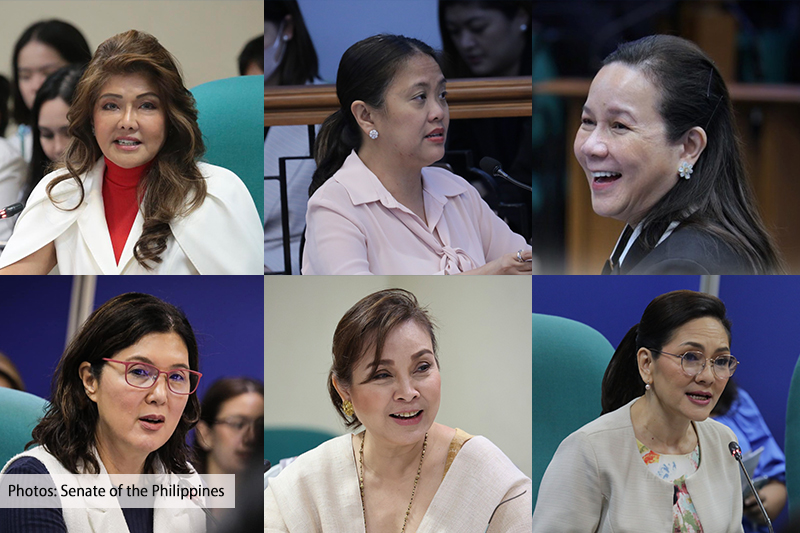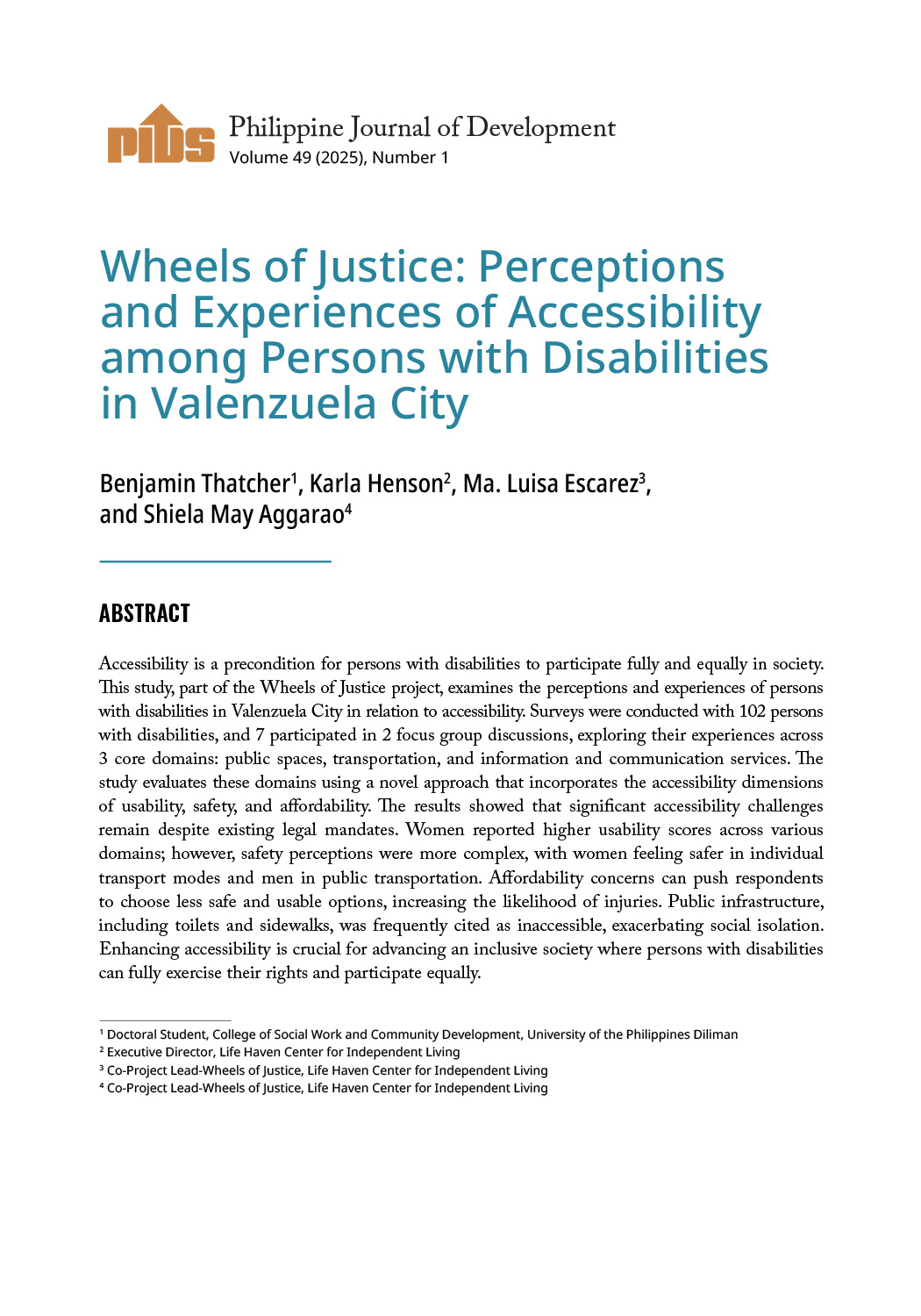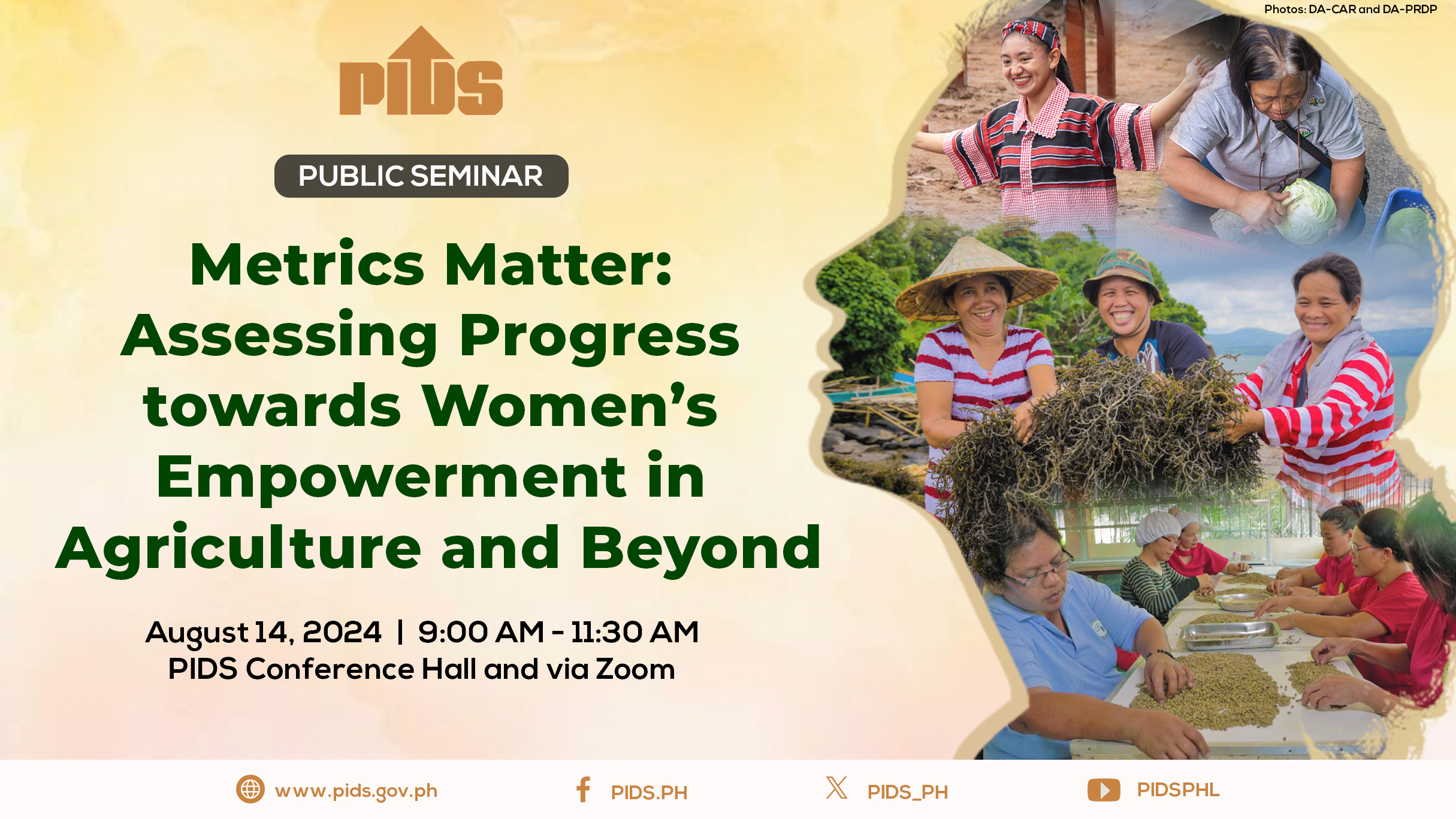
In 2022, only 24% of elected positions in the country were held by women, a notable decrease from 30% in 2017.
Despite progressive laws like the 1987 Constitution and the Magna Carta of Women—both of which uphold women’s equal role in nation-building—Filipina leaders remain vastly underrepresented in governance. The sharp decline in political participation is not just a statistic; it’s a warning.
So, what’s holding women back?
At a March 27, 2025, knowledge-sharing forum organized by the Socioeconomic Research Portal for the Philippines (SERP-P) of the Philippine Institute for Development Studies (PIDS), political science professor Dr. Jean Encinas-Franco shed light on these challenges.
"Women have their rightful place in formal politics," she said. "If women comprise half the population, then they should be represented in decision-making bodies."
Encinas-Franco stressed that female leaders bring unique perspectives—especially in crafting policies around social welfare, education, and health. But more than that, their presence challenges long-standing gender norms and inspires younger generations to lead.
On the issue of political dynasty
Encinas-Franco noted that one of the most entrenched barriers to political parity is the dominance of political dynasties. In many cases, women enter politics through male relatives— serving not as independent leaders but as placeholders.
“If you conceive of political families as patriarchal,” she explained, “their involvement in politics is not by their own volition, but because the family patriarch must have told them to do so.”
The World Economic Forum estimates that achieving gender parity in political representation could take up to 95 years. Parliamentary equality alone might need at least 48 years, if progress continues at the current pace.
But that progress is anything but steady.
Rwanda, for example, has achieved nearly 50% female representation in government, thanks to electoral reforms and gender quotas. Other nations have implemented proportional representation systems or reserved seats for women—structural moves that could serve as models for the Philippines.
A case for quotas
To advance gender equality in politics in the Philippines, Encinas-Franco emphasized that strengthening political parties is crucial.
Institutionalizing gender quotas and incentivizing female candidates can level the playing field.
"We're not saying that we want more men in politics, but we have to provide equity measures to equalize, to give women the chance," Encinas-Franco said.
Electoral laws, such as proportional representation and reserved seats for women, have proven effective in other countries and could be explored in the Philippine context.
But the barriers aren’t just systemic—they’re personal and psychological.
Beyond the ballot
Online harassment, gender-based violence, and smear campaigns steeped in sexism deter many women from entering public life. Recent moves by the Commission on Elections (COMELEC) to penalize sexist and homophobic remarks during campaigns are a step in the right direction, Encinas-Franco said, but “more must be done.”
“We should review legislative rules to make them more women-friendly. These rules should be both gender-fair and gender-sensitive,” she continued.
Indeed, the road to equality may be long, but every woman who steps into public service—despite the odds—makes it shorter.
Watch the forum playback at https://bit.ly/pidslive032725 or read the full study at https://bit.ly/4h2NSJ6. — RTG











